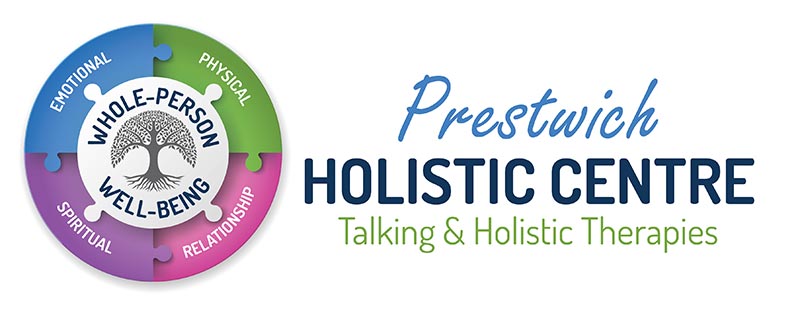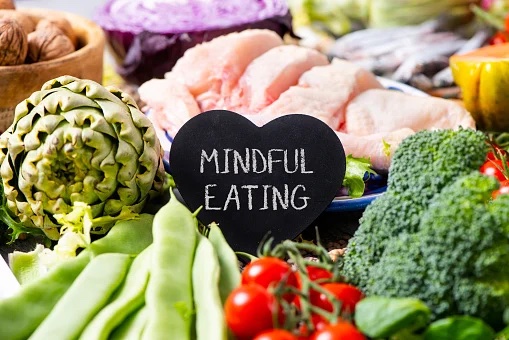Mindful or Mindless Eating?
Most of us tend to go about much of our lives on automatic pilot.
This is a challenge for most human beings to live as conscious a life as possible…living with as much awareness & presence as possible.
This lack of awareness also applies to how we manage our health, well-being as well as our relationship to eating food.
When it comes to eating, this can often be quite a rushed experience for many, with little attention on the experience of noticing and appreciating the food being eaten. For instance, many of us may eat whilst doing something else such as looking at a screen of sorts, working, watching or any other distraction. It would seem that very few people can just eat a meal without any other interference.
This experience leads to many or most of our eating experiences being mindless. Mindless eating can lead to many negative issues such as not noticing the signals of fullness, eating too much, lack of full enjoyment of your food and many other disadvantages.
Mindful eating, on the other hand, refers to eating with awareness and attention to detail. This would be where for instance, a space is made for a pleasant eating experience as well as time set aside to eat slowly and with enjoyment. Mindful eating may be an eating experience with full attention paid to the eating experience as possible without distractions such as phones, computers, televisions etc.
Mindful eating would also involve eating sitting down. We tend to underestimate the amount of time spent eating standing up.
The benefits of mindful eating, including eating slowly and sitting down, are many:
- More enjoyment of the food & hence need for less food
- Better chances of noticing when feeling full and satisfied. Improved ability to then finish eating when satisfied.
- Increased appreciation & gratitude for the gift of food and water
- Better awareness of what is nourishing and good for the body
- Better awareness of actual hunger versus thirst (the two are often confused)
- Ability to eat one’s favourite food in moderation
- May lose weight in the long term and also have better chances of maintaining a balanced weight
- Improved awareness of emotional eating and cravings with the ability to then manage feelings in more helpful ways rather than using food
- Better digestion
- Feeling more in control of one’s health and relationship with food and eating.
Putting mindful eating into practice…a few suggestions:
- Limit the use of electronic devices whilst eating
- Sit down and eat in a comfortable position
- Make your eating environment pleasant and relaxing
- Take a moment to really appreciate the food you are about to eat, perhaps contemplating all that has been involved in making it possible for the various foods to be available on your plate at this moment.
- Take moments to really notice the food you are eating. Perhaps looking at the colours, shapes and textures.
- Notice and savour the taste of your food, perhaps eating and chewing slower than usual.
- Try eating meals at set times and try not to eat due to emotional signals such as anxiety, loneliness, boredom or low mood.
Of course, it is not possible to always eat mindfully, slowly and sitting down but any movement in this direction can be helpful. Even just a few mindful bites at some of your meals can be a good start and lead to many benefits.
| “Food reveals our connection with the earth. Each bite contains the light of the sun and the earth…We can see and taste the whole universe in a piece of bread! Contemplating our food for a few seconds before eating, and eating in mindfulness, can bring us much happiness.” Thich Nhat Hanh |

